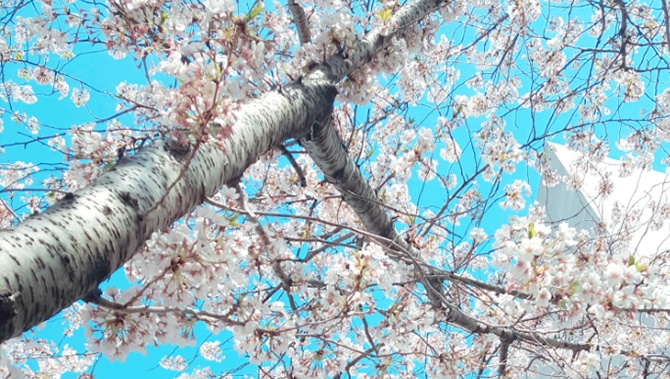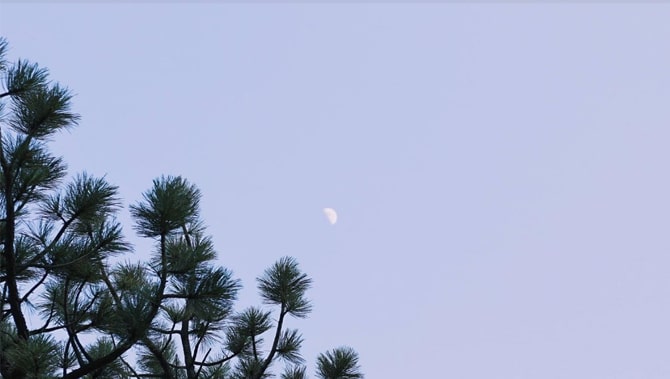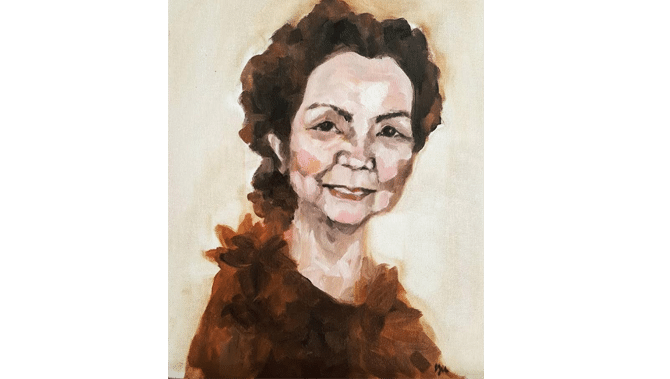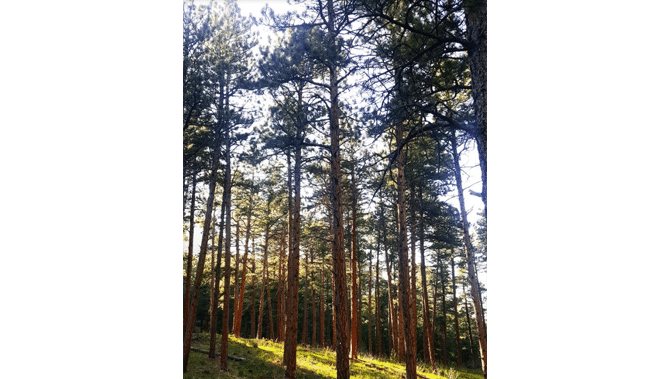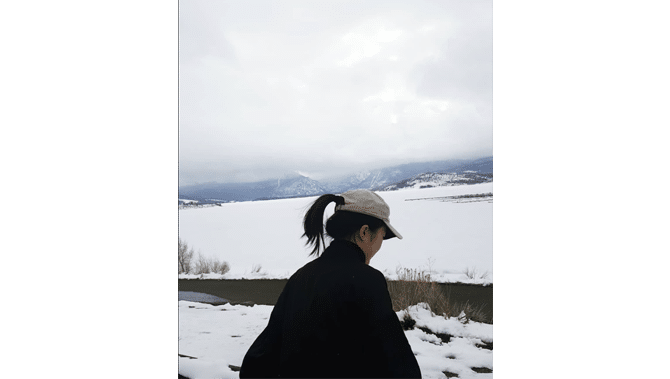“What we need is more being, less doing.” Said Dr. Ed Wang during our April event, How do you Bounce Back? That moment hit me as I nodded feverishly on the other side of the webcam. If I had learned one thing from this past 12 months, it is that you can never feel alive until you are “being” more than “doing.”
Post-grad transition was not kind to me. It literally felt like a midlife crisis hit my early 20s. Aside from this whirlwind called craziness that casually walked past my daily life, I started a fight internally with myself and struggled with cognitive dissonance for months. This was the first time I broke away from school in 17 years of my life, the first time I realized that now I am on this journey called life and it is a race that cannot be won.
When I was sixteen, I read How to Stop Worrying & Start Living by Dale Carnegie. Now looking back, obviously, I failed to understand what the book was all about. But at that point, I thought I knew how to take control of my life. I set ten-year, five-year, and two-year goals for myself, and I believed that this way, eventually I will get the life I wanted. My agenda was full of to-do lists and for each item, I had estimated completion time next to it. I trained myself into a robot and my life was full of doing. By doing, I stopped myself from worrying.
Then, VOILA goals to graduate college achieved! I entered real life with much congratulations.
As I paused for a second to recalibrate my goals, I was stuck at the additional variables that were thrown to my equation to a successful, happy, and meaningful life. That’s when I tripped, really hard, on my face. I was lost, directionless, unmotivated. I started reading more (vs. during college, ironically). Lucky me, it was the right remedy because first, it helped me quiet down my restless thoughts and second, it helped me answer part of, if not all, the questions I posed to myself.
To fully understand one thing we have to look at the other end of the spectrum. In this case, when making sense of living, we are speaking of death.
The thought of death has been on my mind quite a lot recently.
In January, I lost my beloved grandma. I was in deep grief. This came as a surprise because she had been preparing a trip with grandpa to come visit me in the U.S. just a couple of months before her sudden death. I looked forward to her presence, her effervescent joy over my mundane life. How naïve I was, to know what’s really ahead was an eternal separation. Even until the last few days, I refused to accept the fact that I might never see her again. I kept thinking of miracles because she had always been the one, who made the impossible possible. But still, she left.
Later, on Pi day and Einstein’s birthday, Stephen Hawking started his biggest trip soaring beyond the stars. I clearly remembered the moment when I saw the news, it gave me an instant feeling of nausea. I was eating my breakfast and I felt a chunk of banana gliding down my esophagus, and a black hole started forming in my lungs. The rest of the day was hard to focus. Hawking has been my inspiration since first-grade when I read about him in astonishment. He induced me my earliest interests in cosmology— imagine a six-year-old me with pigtails, thinking about becoming a scientist one day. Fast forward, I have been so busy doing, that I forgot who I was and the road I came from.
Two weekends ago, I visited my friend in Denver. Being an EDM junkie, she played Avicii the entire trip on our way to Breckenridge, CO. That was the day after his death. As the beats filled up the air and the rhythm flowed through us, we cried. On the last day during my stay, I simply went to a park, sat on the grass and read. When sunset started, more people filled up the park: herds of people walking their dogs, running, walking, playing volleyball… An old guy sat by the walkway, put up a sign saying: “Want to play catch & throw?” A few minutes later, an old lady threw her purse on the ground and started playing with him. I went back to the book, The Subtle Art of Not Giving a F*ck, and the last chapter was: ….And Then You Die. The next thing I realized, was that I had finished the book and it’s sundown.
I laid down, bathing under the afterglow of the sun, smelling the juicy April grass, and getting soaked in the background noise of people laughing and shouting. I was fully present, simply enjoying the moment. I felt so great to be alive. The chapter came in at the perfect moment. It wasn’t until that evening, I finally had the courage to face mortality the way it is, and to think about my own.
How do we know if we’re alive if we don’t even notice our breadths or heartbeats? How do we know what it feels like to be alive if all we’re doing is preoccupying our mind with thoughts instead of interpreting the moment with our five senses?
I realized that before I know how to live my life to the fullest, I have to understand myself and what does it mean to be a human being.
My biggest mistakes thus far is taking life for granted and thinking that there is always an endless tomorrow that I can borrow to mend up my regrets today.
After all, thinking about your own death is not that scary at all. On the contrary, it reminds me how lucky I am to be alive and encourages me to seize the day. More importantly, it obliterates these “problems” that either my mind has amplified, or created for myself.
Nature has taught me that Living=present, and now, I think it is more accurate to have a multiplier (+being-doing). More being and less doing does not mean we should all be sloths. It means that you are just happy, instead of feeling happy; that you are living in the moment, instead of thinking about how you will live tomorrow.
To some extent, it made me a more productive person and focusing on what matters to me. Maybe that’s why I felt so alive when studied abroad in Hong Kong because I did not live in what I should; I lived in what I am. I was more in a state of being, rather than in a state of mindless doing.
Last month, I read A Brief History of Time again. Part of it was in memory of Hawking, and part of it was in hopes of encountering the old me that time has rubbed away. Again, I’m reminded of the transience of life. Just like what Hawking said, “We are just an advanced breed of monkeys on a minor planet of a very average star.” But, we can love, create, do good, and “understand the Universe…That makes us something very special.” So next time when you are upset or angry at superficial and crappy things in life, “remember to look up at the stars and not down at your feet.” Remember you are a state of being, that today and tomorrow are abstract mirages we conceptualize and the only reality is the present.
When Dr. Ed Wang said “more being, less doing,” instantly a quote from John Lennon: “life is what happens to you while you’re busy making other plans” emerged from the back of my mind. I vividly remember this quote because it is one of Lennon’s most famous sayings, but I never understood what it meant (the same case as how I read that book by Carnegie—I never grasp the idea until I’m living through it. Oh how accurate, when Hermann Hesse said: “truth is lived, not taught.” Excuse me the quote addict.)
But today, I am writing it down in my little charcoal paper quote book, in fresh ink—giving life to the coarse paper and let it come alive to breathe through his wisdom with me.
YOLO – You only live once.
What a great acronym and how unfair it is to have a negative connotation. It speaks the truth in the simplest way: you only get one life. So make your decisions responsibly, seize every moment, let go the should’s, and pursuit your passions without fears.
So now
Tell me, what is it you plan to do
With your one wild and precious life?


